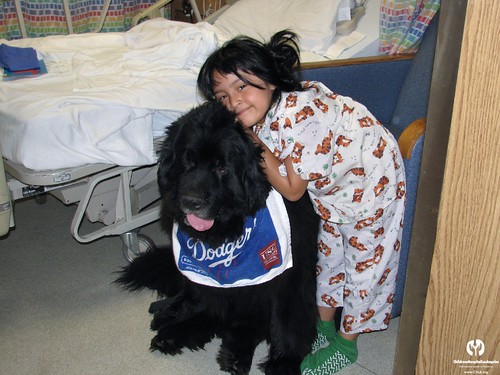I'd been aware of my mood but had put little effort into reversing the temporary mental slump, figuring the winter blahs would pass.

Then I noticed my pup in a funk. The golden retriever who brings me slobbery toys to throw suddenly seemed mopey. The dog that normally follows me around the house, plays a mean game of tug of war and sleeps at my feet had become glum, down, depressed.
Dr. Lindsey Keller of Pawsitive Pet Care in Waterloo said the American College of Veterinary Behaviorists doesn't know if dogs get the winter blues as people sometimes do.
What veterinarians do know is, ruling out physical illness, depression can be an explanation for a dog's change in behavior. Symptoms can include inactivity, changes in eating or drinking habits and disinterest in things they normally find enjoyable and comforting.
Major changes in a dog's life - loss of an owner or pet companion, moving to a new home, a new baby coming into the home - can trigger depressive behaviors.
But seemingly small things can upset a pooch's emotional applecart, too.
"Any kind of change in their routine or schedule - if they're not getting the play time or exercise they're used to getting, that can be a trigger," Keller said. "It can even be a change in your attitude and your voice. Dogs are very perceptive to that type of thing. If you're moping around, they're very perceptive."
Bingo.
Rudy's routine had changed, and I was to blame. While I moped about, cursing the cold, I took away what my best friend loved the most.
As the temperatures plunged, so had the frequency of our walks. With a warm, water-resistant coat, Rudy is raring to go in any weather. I, however, need several layers of clothing plus boots, hats and mittens to get out the door. And even then it feels too cold.
I'm ashamed to admit that for more than a week I canceled our outdoor excursions, even as Rudy stood hopeful at the front door. He'd follow me to the kitchen, sit near the leash and plead with his soulful, almond-shaped eyes.
Then one night I went to bed, and he didn't follow me. Wandering the house in search of him, I found him in my son's bed, curled up, staring out the window. He longed to be outdoors, catching scents in the breeze, plunging his nose into the snow and cursing the squirrels who dared crossed his path.
It was then I realized that, as his leader, I'd led this beautiful creature right down in the dumps. Now it was time to lead him out.
"When we have a dog (in which) we suspect depression, the first thing we tell owners is keep them engaged and they'll snap out of it," Keller said.
Our walks resumed immediately, and play time is even more frequent than before. My beloved pup once again follows me around the house, happily soaking up my positive energy. Gone is the winter of our discontent.
For a moment, I was proud of myself for rescuing my pup from his dark days. Until I considered that maybe it was Rudy who saved me from mine.








 Then I noticed my pup in a funk. The golden retriever who brings me slobbery toys to throw suddenly seemed mopey. The dog that normally follows me around the house, plays a mean game of tug of war and sleeps at my feet had become glum, down, depressed.
Then I noticed my pup in a funk. The golden retriever who brings me slobbery toys to throw suddenly seemed mopey. The dog that normally follows me around the house, plays a mean game of tug of war and sleeps at my feet had become glum, down, depressed.

